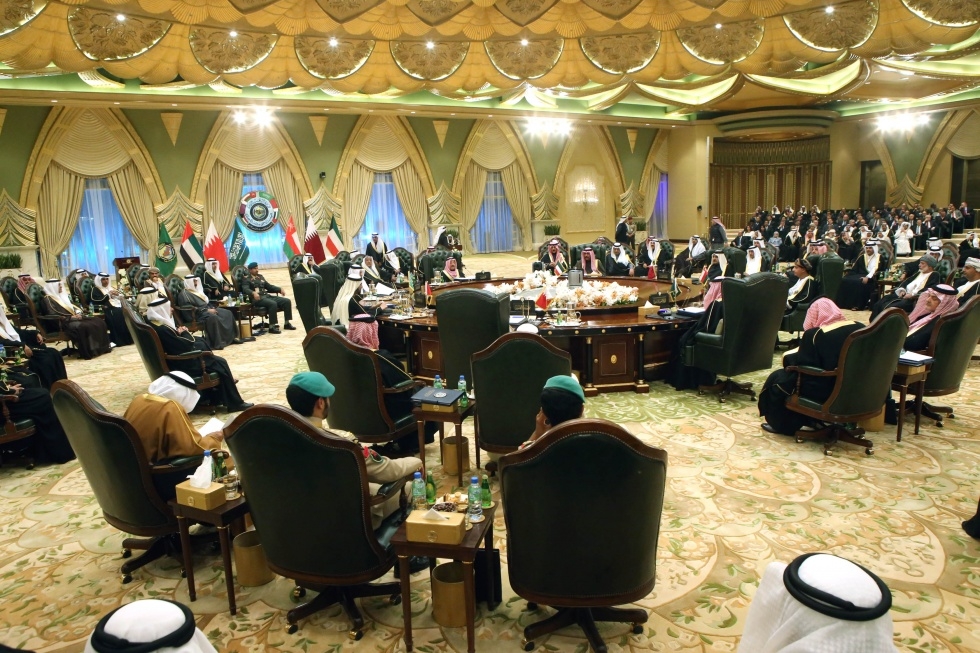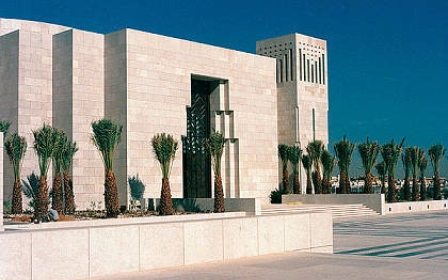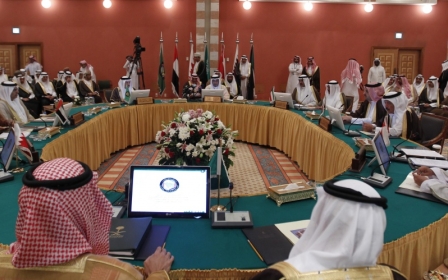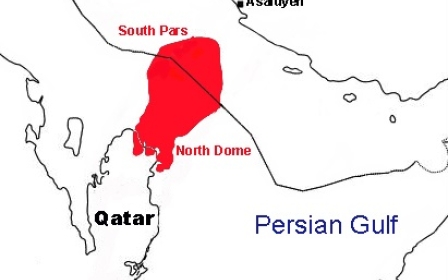Deal reached amid GCC tension

The foreign ministers of the Gulf Cooperation Council (GCC) on Thursday agreed to press ahead with implementing an agreement they signed last November, which obliges its signatories not to intervene in the affairs of other member states.
After a meeting which lasted for more than 2 hours at a Saudi airbase, the foreign ministers agreed to stay away from backing organizations or individuals that threaten the security and stability of GCC member states as well as refrain from supporting what they called "hostile" media, a joint statement said following the meeting.
The new deal apparently ends months of tension between Saudi Arabia, the United Arab Emirates and Bahrain on one hand and Qatar on the other. The three countries had earlier recalled their ambassadors from Qatar, accusing Doha of interfering in their own affairs.
Tensions rose because Doha supported Egypt's Islamist president Mohamed Morsi while most Gulf countries hailed his overthrow by the army last July.
Saudi Arabia and other Gulf monarchies have long been hostile towards Morsi's Muslim Brotherhood, fearing that its brand of grass-roots activism and political Islam could undermine their authority. Tensions that had been simmering for months peaked in early February when Abu Dhabi summoned Doha's ambassador to protest against "insults" to the UAE by Egypt-born cleric Yusef al-Qaradawi, a Qatari citizen.
The coverage of the influential Doha-based Al-Jazeera satellite channel, seen by critics as biased in favour of the Brotherhood, has also increased tensions between Qatar and its Gulf neighbours.
The GCC foreign ministers also agreed that the policies of GCC member states should not undermine the "interests, security and stability" of each other, a statement said.
It is not clear, however, whether the new deal will pave the way for the return of the ambassadors of the three countries to Doha.
Middle East Eye propose une couverture et une analyse indépendantes et incomparables du Moyen-Orient, de l’Afrique du Nord et d’autres régions du monde. Pour en savoir plus sur la reprise de ce contenu et les frais qui s’appliquent, veuillez remplir ce formulaire [en anglais]. Pour en savoir plus sur MEE, cliquez ici [en anglais].




